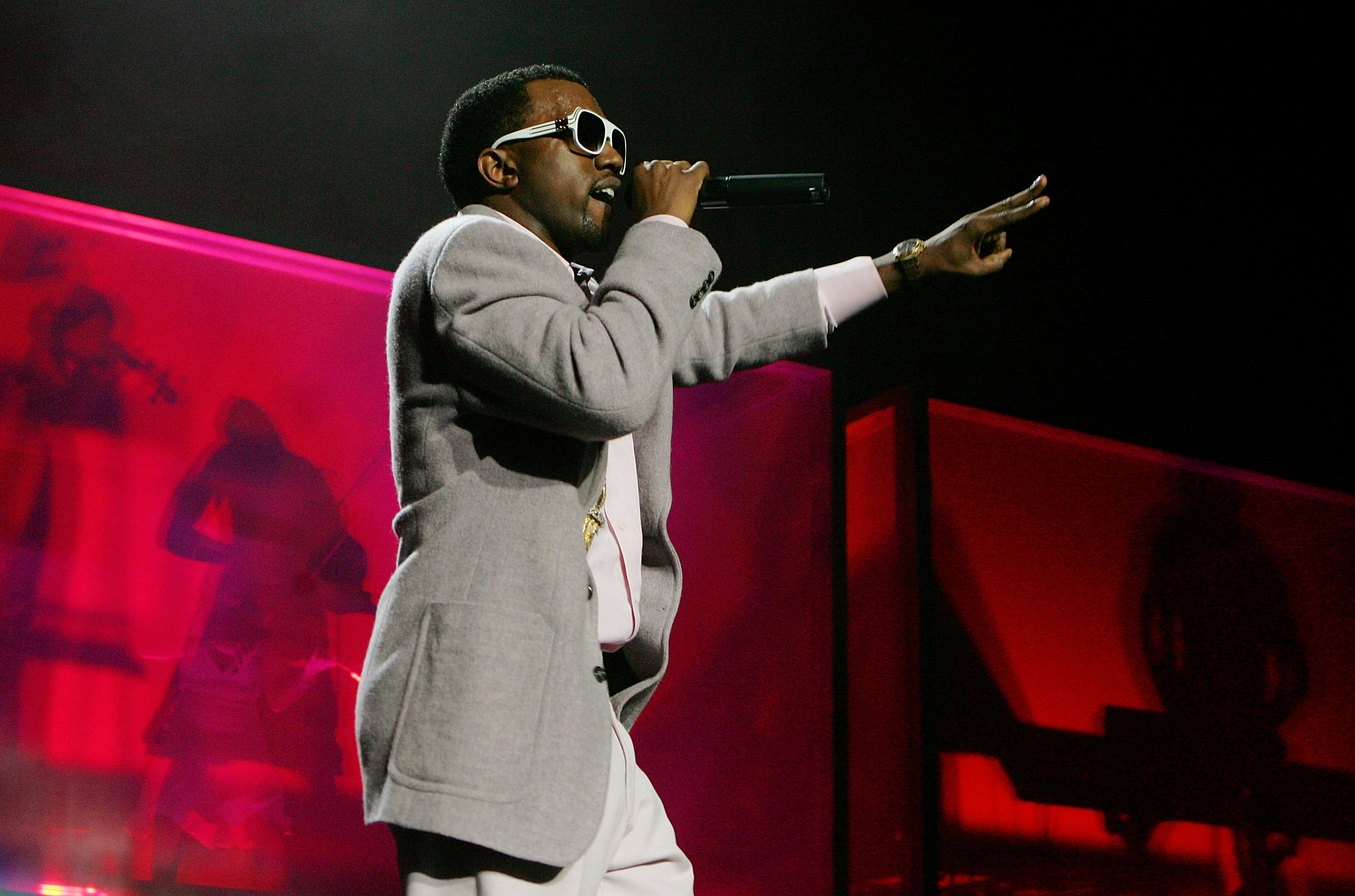Written and performed by Chuck Willis and released as a 1956 single, “It’s Too Late” is a languid torch tune that verges on doo-wop — it’s prom slow dance bait. Willis’ singing and the over-stylized arrangement lends a febrile schmaltz to what should be a heartbreaking conceit: The narrator’s love affair is an extinguished flame. There’s simply no more there, even if the song — which seems to end before it’s even begun — isn’t all that broken up about it. Nearly a decade later for his Sings Soul Ballads LP, Otis Redding cut a drastic reinvention.
The lyrics were altered dramatically; among many other changes, “you”s were largely replaced by “her”s and “she”s, so the speaker might be mourning his loss to someone at a bar, as opposed to a chagrined lover trembling in his bed. So too has the very perspective shifted — he didn’t leave her this time; she left him, and he’s bereft, at loose ends. The tempo is the same, but there’s a sobbing hesitancy in Redding’s vocal that cuts right through the listener, and a piano — empathetic at some moments, needlingly cruel at others — has been introduced to keep the forlorn singer company on this journey through emotional Hades. The two versions of “It’s Too Late” — which appear, interestingly, on Willis’ and Redding’s sophomore records, in 1958 and 1965, respectively — are as different as night and day.
The original is a studied period pose. The remake, on the wrong evening and in the wrong mood, can conjure tears.
Redding’s disconsolate rendition numbers among Kanye West’s savvier classic soul-platter lifts. “Gone,” which turns 15 years old this month, is the unofficial official closer to Late Registration, his second album. It’s a prescient escape hatch disguised as an overdetermined hip-hop track, predicting where the Chicagoan’s career is headed — away from the vaguely socially conscious enfant terrible real-talk that registered, then, as black middle-class enough and towards a paranoiac, supra-celebrity tabloid mania.

Also Read
GEAR THAT MADE THE GAME: Rap Machinery
In West’s able hands — his production career was then in its fullest flower — key slivers of “It’s Too Late” are reborn as dismissive accents, the “she” edited into a “he.” The insistent, jabbing piano figure lends a jolt to Jon Brion’s string arrangement, brought to swinging, symphonic life by an 18-piece orchestra.
Lush and confident, “Gone” plays like an Old Hollywood fairy tale starring contemporary cartoon characters. Sartorial smart-ass Cam’ron, then at the peak of his spitting powers, turns up to serve a measure of onomatopoeic Dadaism: “No concealing, no ceiling, I don’t need a roof / Act up, get out, I don’t need you, poof.” It’s gleeful nonsense poetry, blithely conveyed: adding up to little, evincing a daffy joy.
A Tribe Called Quest associate Consequence unpacks a bummer that grows heavier with each successive verse. Delivered in an okey-doke whine-rhyme teetering on the verge of tumbling down a flight of stairs, it feels real, relatable; a friend dies, a nest egg is stolen, alcohol is consumed, and at least one life-altering mistake is made. Both party guests stunt on their host’s shoulders: Cam’ron is a hedonist devil; Consequence is a hard-luck regular joe with angel wings. This yin and yang defines the West of The College Dropout and Late Registration, the proverbial “baller with a backpack” — the very West that “Gone” dispenses with.
He may be having too much fun on “Gone.” Jokes abound. Penny ante self-mythologizing. Urban-pop chuckles, chain-restaurant gags, casual fashionista foolishness. A lot of groaners, certainly, but West wears every verse brag and Black vernacular idiom well. He is dripping with joy. His ego is undiminished yet buoyant. It is the sound of relief, of a man with one foot out the door and the other not far behind. “Said he couldn’t rap, now he at the top with Doobie Long / ‘Cause I dookied on any song that they threw me on, gone,” he gloats, glowing, ecstatic.
Conventional wisdom insists that the 2007 passing of Donda West, Kanye’s mother, is the dividing line between the old ‘Ye and new ‘Ye — the ‘Ye of bad opulent fashion, escalating corrosive misandry, Auto-Tune, world-breaking Tweets and awards show stage rants and Keeping Up With The Kardashians. “Gone” calls bullshit on this. “I’m ahead of my time, sometimes years out / So the powers that be won’t let me get my ideas out” anticipates fraught years of media fallout and unlistenable albums few will readily defend; his aunt’s house in Oklahoma isn’t a Wyoming compound with a studio, but it may as well be.
After “Gone,” he nixed skits and humor. West could still get a solid bemused single off here and there when his ego wasn’t consuming his increasingly collaborative artistry whole — “Devil in a New Dress,” “Bound 2,” “No More Parties in L.A.” — but these moments have been kneecapped by a distracted cruelty that underscores everything he’s lost, and everything we’ve lost since.




